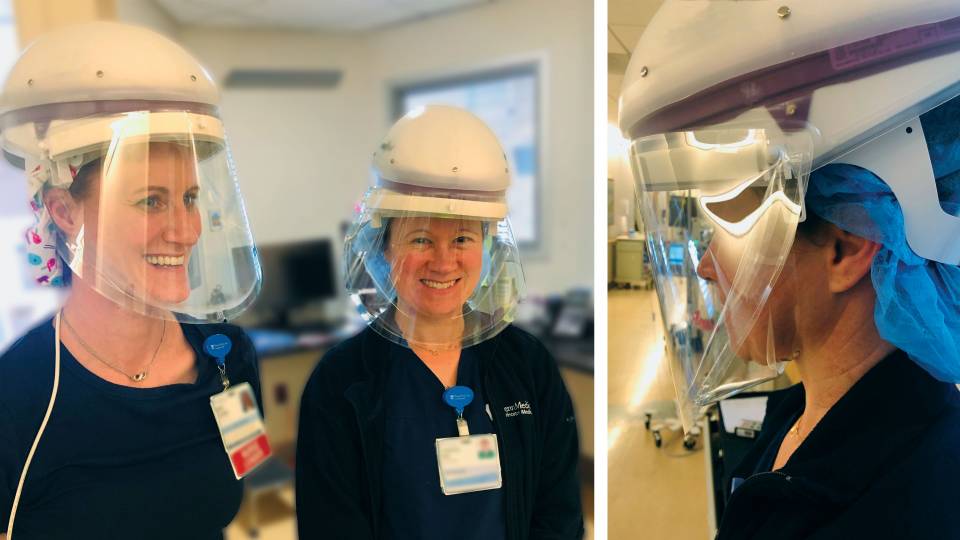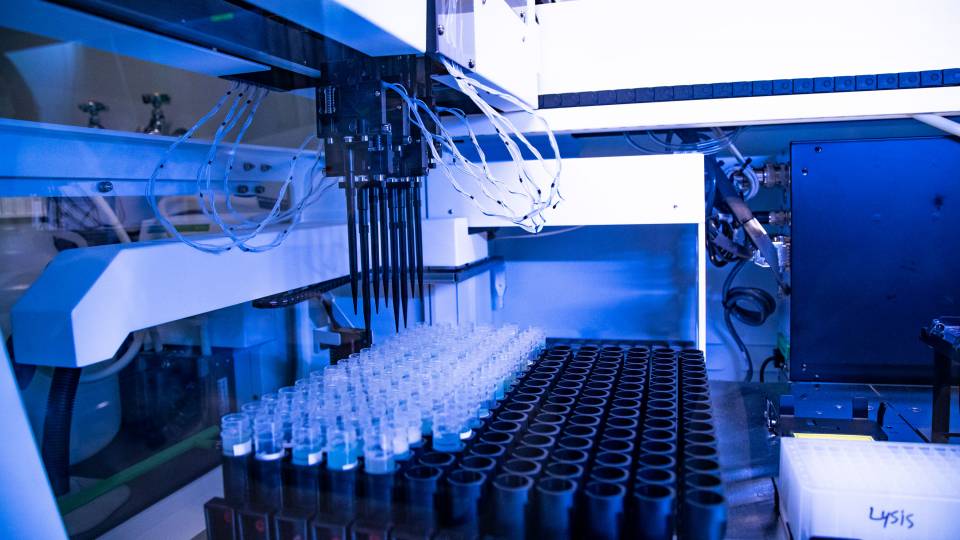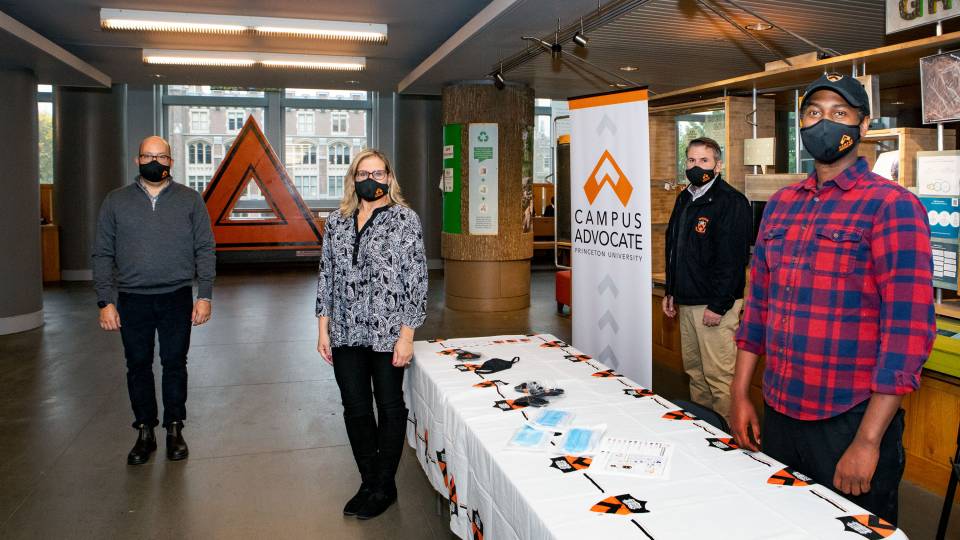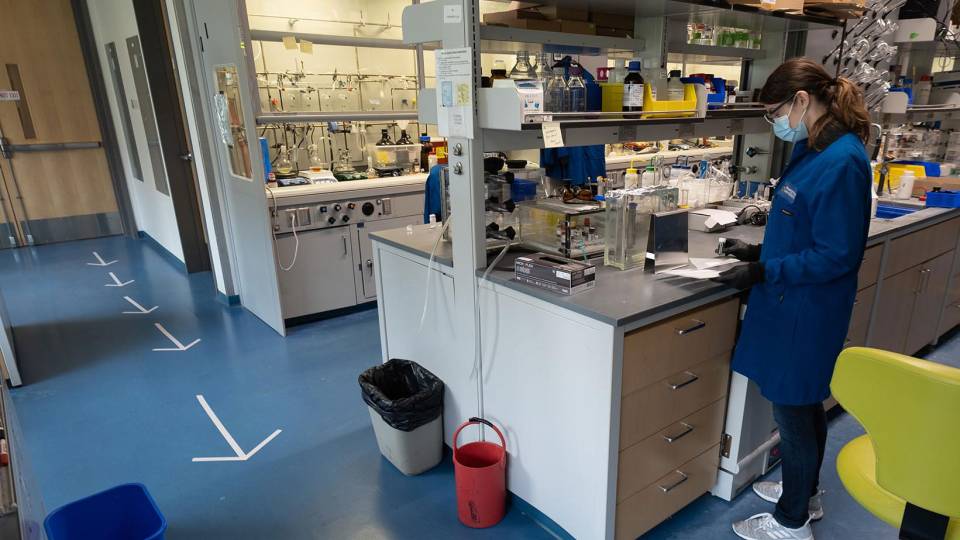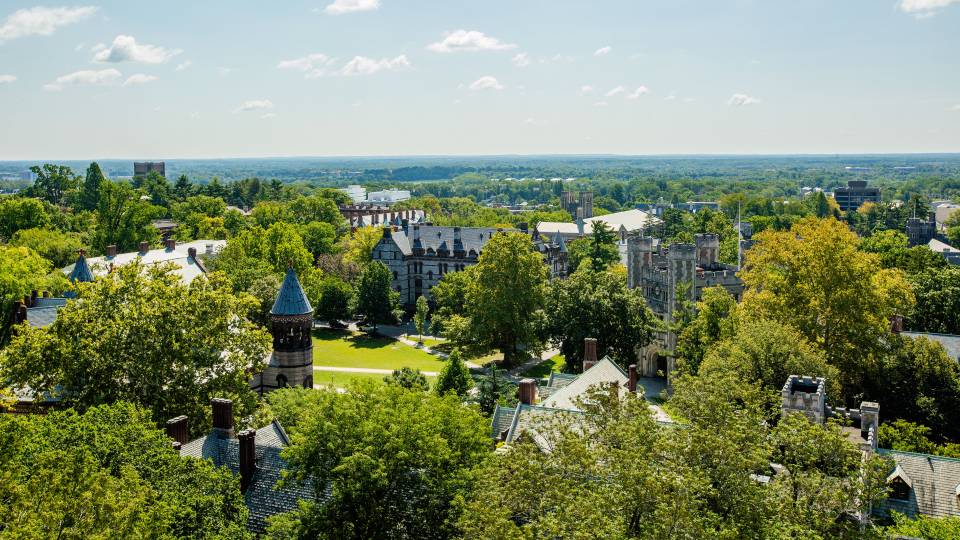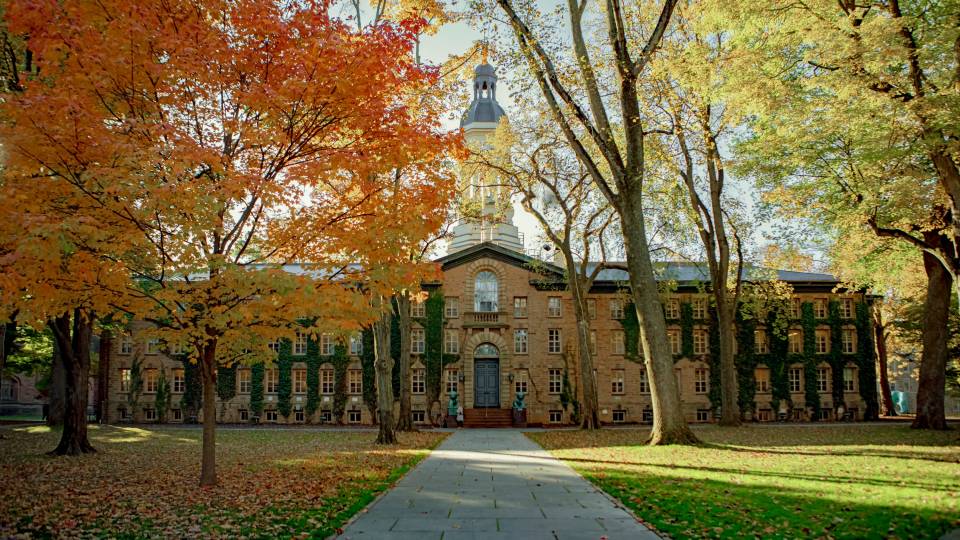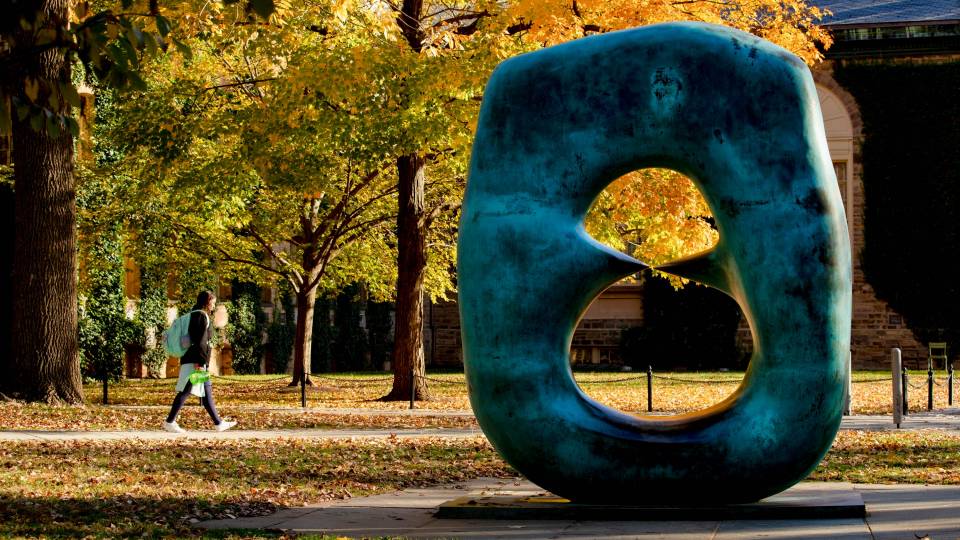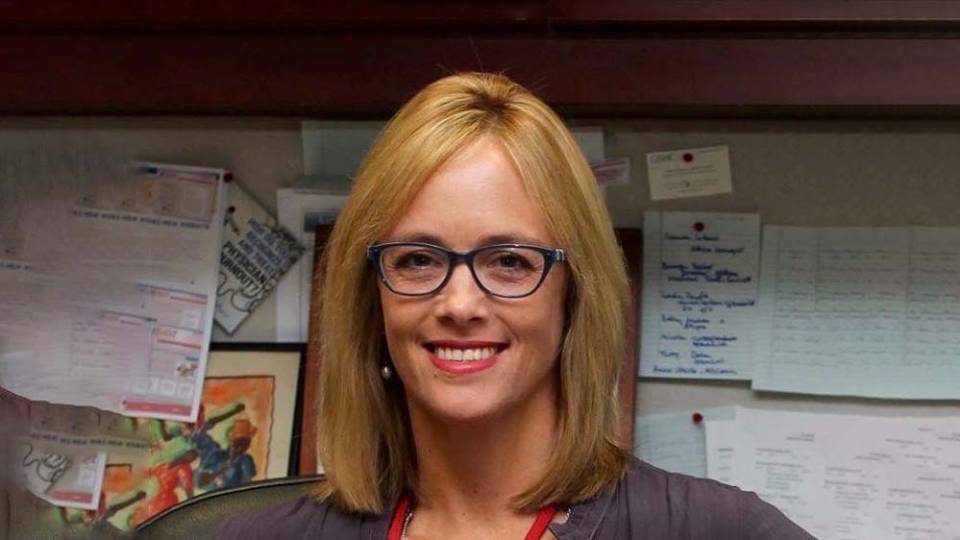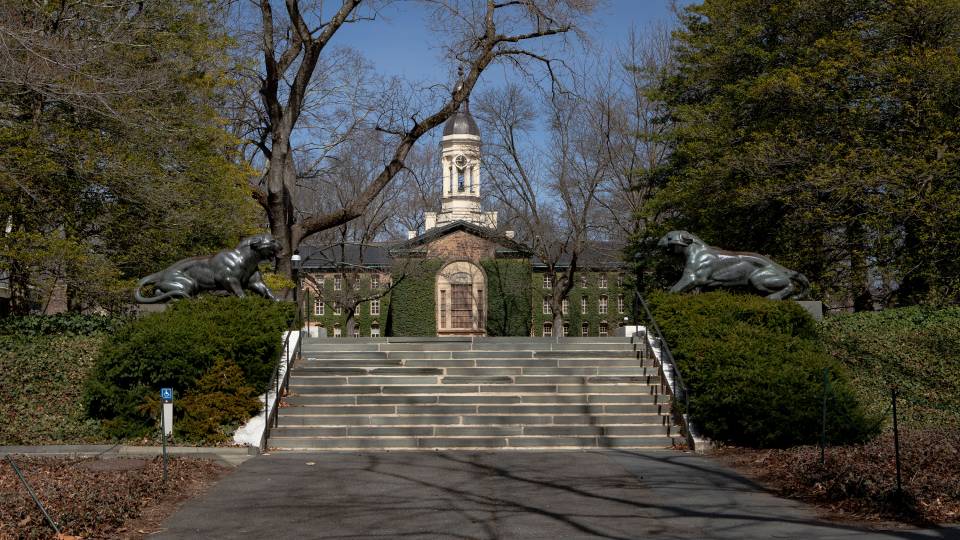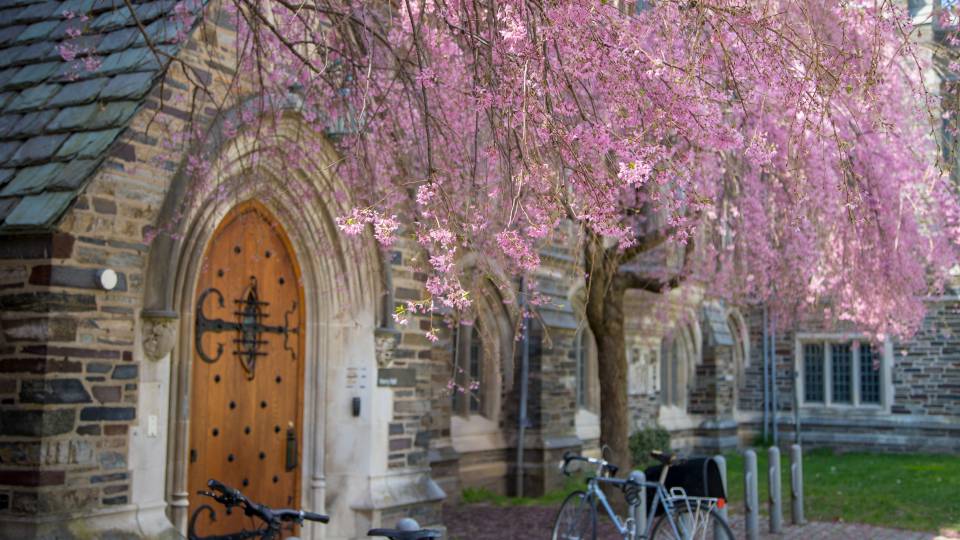Since the spring, more than 40 working groups have been planning for Princeton’s fall 2020 semester. The teams of staff and faculty from departments across the University have tackled myriad health, safety, academic, and operational questions and concerns in light of the ongoing COVID-19 pandemic.
“Our ability to restart our in-person teaching and research will depend upon whether we can do so in a way that respects public health and safety protocols,” President Christopher L. Eisgruber said in his May 4 message to the University community. As Eisgruber underscored in his message, a decision about plans for the fall semester will come in early July, noting “that this uncertainty can itself add to the distress of this pandemic, but I am convinced that it is the most responsible way for Princeton to proceed.”
The COVID-19 working groups were charged with evaluating scenarios for online and on-campus operations and making recommendations for the fall. Student input from undergraduate and graduate student groups helped inform many teams’ work. The teams were organized around topics such as public health, campus safety, University services, innovative teaching, lab research, virtual community, the student experience and much more.
Their work will inform the decision of the Academic Year 2021 Coordinating Committee, which has been evaluating options for the undergraduate teaching program this fall. The decisions for fall will be based on four key priorities: ensuring the health and well-being of students, faculty and staff; restoring teaching and research activities to normal operations, safely but as soon as possible; sustaining the University’s commitments to access and affordability; and retaining and supporting Princeton’s talented workforce, as Provost Debbie Prentice outlined in her April 8 campus message.
As plans for the undergraduate program are released in July, the University will provide information about how those plans may impact faculty and staff. For now, University policies pertaining to on-campus operations, including requirements for those who are able to work remotely to do so, remain in place until further notice.
“In the weeks ahead, we will continue sharing information about the changing regulatory environment in New Jersey, how that impacts our University’s policies, and what the fall semester will look like here at Princeton,” Prentice and Executive Vice President Treby Williams said in their June 18 message to the campus community.
The COVID-19 working groups studied every aspect of operating a college campus during a pandemic — from testing and contact tracing, to housing accommodations for quarantined students, to campus signage and office layouts that encourage social distancing.
“During this pandemic, the University’s commitment to providing a safe and healthful environment for its employees, students and visitors requires us to reimagine how we conduct nearly all aspects of campus life,” Executive Director of Environmental Health and Safety Robin Izzo said. “This has required multiple teams working in a coordinated manner. In the 28 years that I have been involved with public health emergency management at Princeton, the one thing that has remained constant for every emergency is that our campus community steps up. Staff, faculty, and students want to help. It takes a campus. In the past few months, scores of people from dozens of departments have been working tirelessly to be prepared and do all that is needed to keep us safe.”
The more than 40 COVID-19 planning teams include but are not limited to the following:
- Athletics: Works with Ivy League and Princeton colleagues to determine how best to ensure the safety of student-athletes if competitions are permitted in the fall.
- Campus Services: Evaluates and recommends logistics for housing, dining, quarantine and isolation of students living on campus.
- Case Management: Manages COVID-19 testing, contact tracing, isolation and quarantine on campus.
- Communications and Protective Behavior: Creates communication strategies about behavioral expectations that support personal and community health.
- Global Mobility and Operational Planning: Provides recommendations for all aspects of the University’s operations outside New Jersey, including domestic and international travel and the mobility issues underpinning them.
- Modeling: Creates public health models to predict and plan for anticipated disease rates, testing needs, and other data to support public health and campus planning efforts.
- Online Education: Enhances remote teaching and learning options and support resources.
- Physical Modifications: Develops and implements a process to review, plan and implement physical modifications to campus spaces to promote social distancing.
- Phased Resumption of Research: Plans a process for resuming on-campus laboratory research operations.
- Public Health Management: Plans for testing, symptom surveillance, risk assessment, and other public health tools and processes.
- Signage and Wayfinding: Develops and creates signage to promote public health and social distancing in buildings and outdoor spaces.
- Testing Strategy: Develop strategies for screening tests related to COVID-19
- Virtual Community: Create a robust virtual community to support student engagement, health and well-being.
The work of the COVID-19 teams also has informed the University’s decision-making this summer to resume some limited campus operations. For example, Dean for Research Pablo Debenedetti announced June 17 that some experimental, laboratory work in science and engineering may resume and the Princeton University Library on June 8 resumed book pick-up and in-house digitization services for faculty, researchers, postdocs and graduate students.
“Princeton will continue to set the policies we believe are right for our community within the guidelines provided by the state, and communicate any changes in those policies with you accordingly,” Prentice and Williams said on June 18. “We want to say thank you again to all of you for your partnership, resilience, and support as we navigate the impacts of this pandemic on our campus community. This is not the 2020 any of us expected, but we will continue to do everything we can to ensure our scholarly community remains strong and connected during this ongoing crisis.”







